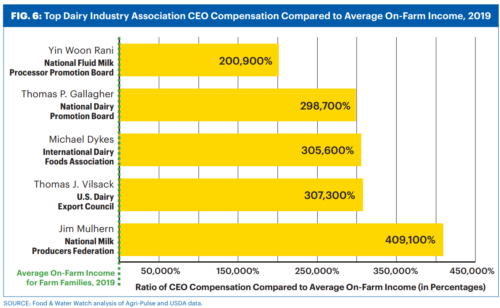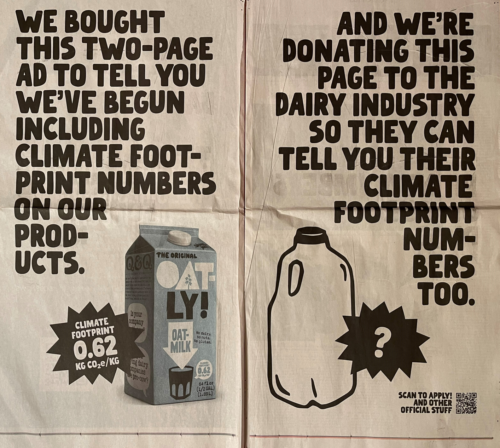What’s up with aspartame?
I was deluged with interview requests last week over the rumor that the World Health Organization will soon release reports stating that the artificial sweetener aspartame is “possibly” carcinogenic.
I say rumor, because the reports will not be released until July 14.
According to Reuters—Exclusive: WHO’s cancer research agency to say aspartame sweetener a possible carcinogen -sources—two sources leaked the conclusion.
Aspartame, used in products from Coca-Cola diet sodas to Mars’ Extra chewing gum and some Snapple drinks, will be listed in July as “possibly carcinogenic to humans” for the first time by the International Agency for Research on Cancer (IARC), the World Health Organization’s (WHO) cancer research arm, the sources told Reuters…. Last month, the WHO published guidelines advising consumers not to use non-sugar sweeteners for weight control. The guidelines caused a furore in the food industry, which argues they can be helpful for consumers wanting to reduce the amount of sugar in their diet.
From what I hear from my own sources, everyone involved in the forthcoming reports is bound by confidentiality agreements. They suspect that food industry representatives did the leaking.
This gives the industry plenty of time to complain and lobby. As one report has it, “Industry experts and trade groups are decrying the World Health Organization’s International Agency for Research on Cancer’s pending addition of aspartame to a list of possible carcinogens for humans as unscientific and politically motivated.”
Aspartame has been under scrutiny for its potential harm to health practically from the time it first appeared. (see Laura Reiley in the Washington Post on how aspartame has come under scrutiny lately).
Center for Science in the Public Interest has long said of aspartame, Avoid.
Aspartame (sometimes marketed under the brand names Equal, NutraSweet, or AminoSweet) is a chemical combination of two amino acids and methanol. Questions of cancer and neurological problems, such as dizziness or hallucinations, have swirled around aspartame for decades…In 2005, researchers at the Ramazzini Foundation in Bologna, Italy…found that rats exposed to aspartame starting at eight weeks of age and continuing through their entire lifetimes developed lymphomas, leukemias, and other tumors, including kidney tumors, which are extremely rare in the strain of rat used. In 2007, the same researchers published a follow-up study that exposed rats to aspartame beginning in the womb and continuing through their entire lifetimes. That study, too, found that aspartame caused leukemias/lymphomas, as well as mammary (breast) cancer. Then in 2010, they published a study that exposed mice to aspartame, starting in the womb and continuing throughout their entire lifetimes. That third study found that aspartame caused liver and lung cancer in male mice.
US Right to Know says of Aspartame, “Decades of Science Point to Serious Health Risks.”
But the FDA says “aspartame is safe for the general population when made under good manufacturing practices and used under the approved conditions of use.”
And the American Cancer Society says you would have to drink 36 cans of diet soda a day to excede the Acceptable Daily Intake level.
Rumors and concerns about aspartame causing a number of health problems, including cancer, have been around for many years. Some of the concerns about cancer stem from the results of studies in rats published by a group of Italian researchers, which suggested aspartame might increase the risk of some blood-related cancers (leukemias and lymphomas). However, later reviews of the data from these studies have called these results into question. The results of epidemiologic studies (studies of groups of people) of possible links between aspartame and cancer (including blood-related cancers) have not been consistent.
A recent review says “The consumption of ASBs [artifically sweetened beverages] was associated with a higher risk of obesity, type 2 diabetes, all-cause mortality, hypertension, and cardiovascular disease incidence.”
As I mentioned a month or so ago, artificial sweeteners are taking a big hit these days and it looks like they are about to take another one.
In my intereviews, I pointed out that what’s news here is the level of authority. It’s a big deal that WHO is saying this.
Two other points.
- Aspartame is not essential in the diet. Nobody (except soft drink companies) need it.
- It and other artificial sweeteners are artificial and, therefore, ultra-processed.
- I’m already seeing “no aspartame” labels on soft drinks and food products.
I am looking forward to seeing the data when the reports are published.






